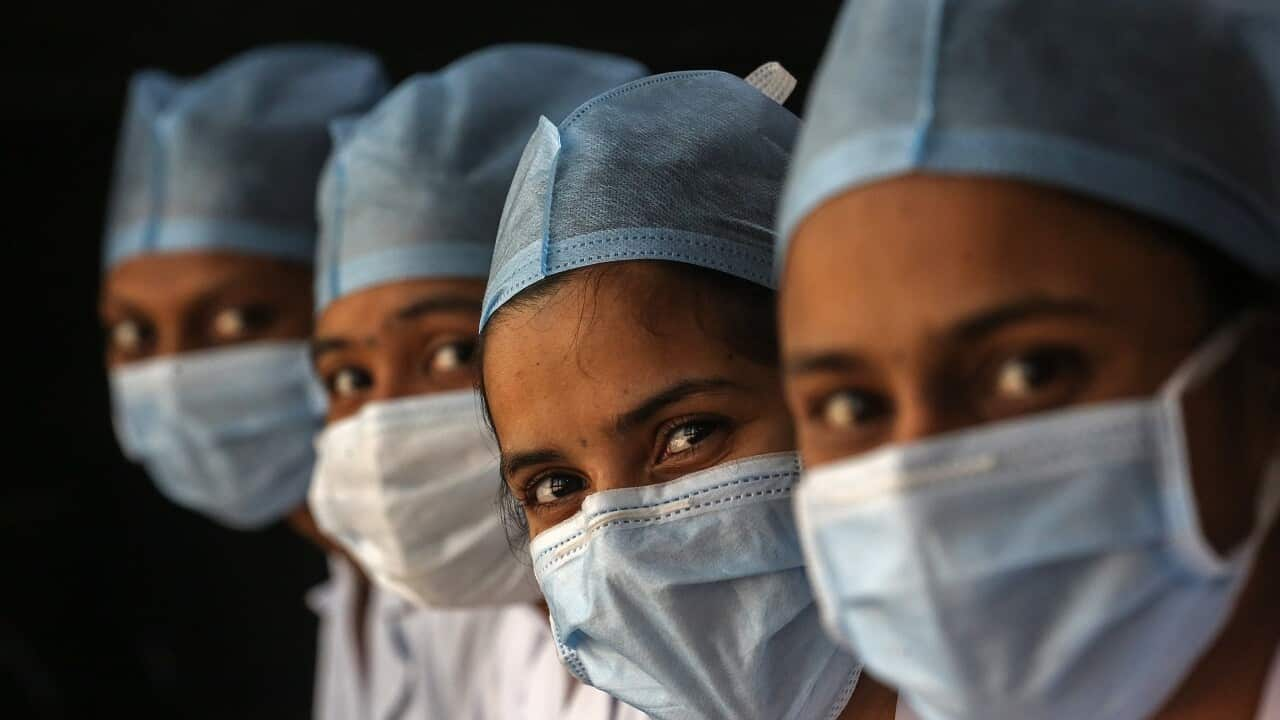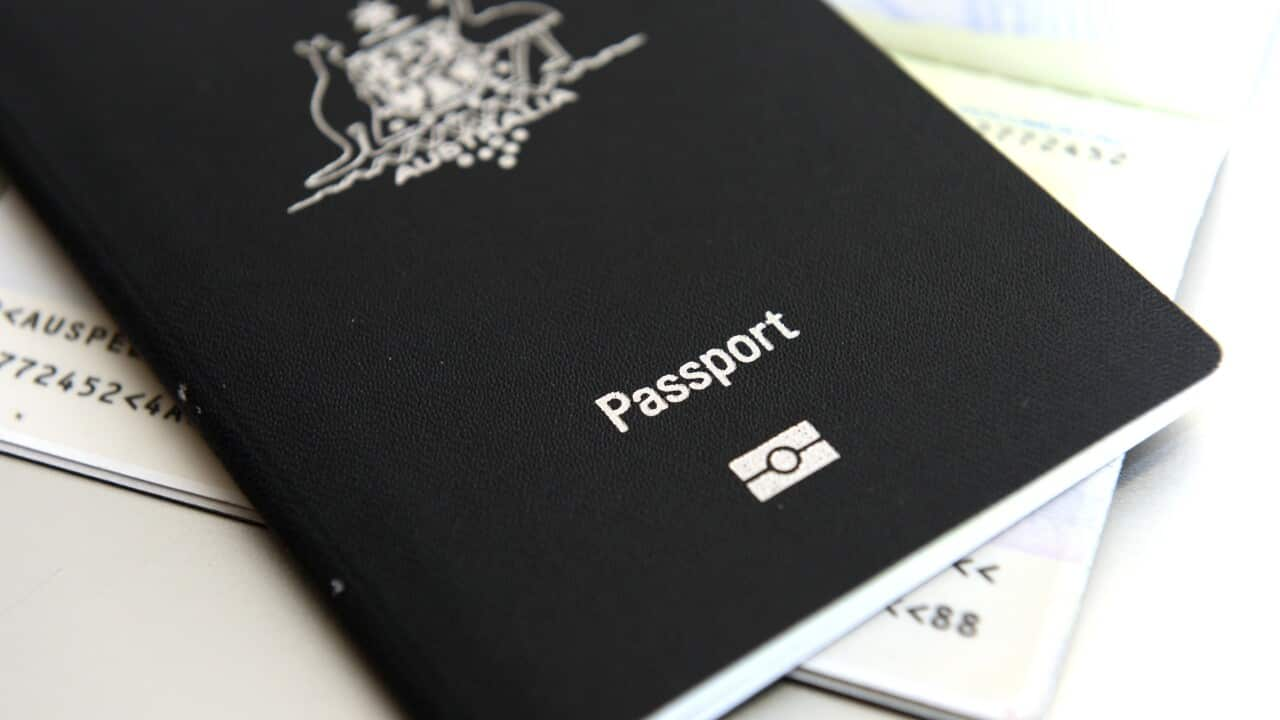New Zealand had the best ranking taking out the number one spot, Australia sits in eighth place, according to the study which measured the performance of 98 countries in their handling of the coronavirus pandemic.
Highlights:
- A study by the Lowy Institute has placed Australia in the top 10 countries for its handling of the COVID-19 outbreak.
- India is on 86th place in the list of 98 countries which is topped by New Zealand.
- Brazil has been ranked lowest in the list.
India sits at 86th place in the list of 98 countries.
The COVID Performance Index compiled by the Lowy Institute sorted the countries into broad categories — by regions, political systems, population size, and economic development — "to determine whether significant variations exist between different types of states in the handling of the pandemic."
How did India fare?: Listen to this podcast:
LISTEN TO

Despite being ranked low, India could have an advantage in dealing with the COVID-19 pandemic
SBS Hindi
01/02/202107:07
New Zealand topped the list followed by Vietnam, Taiwan, Thailand, Cyprus, Rwanda, Iceland, Australia, Latvia and Sri Lanka in the top-ranking countries.
Brazil was ranked lowest on the list. The 10 worst performing countries were Brazil, Mexico, Colombia, Iran, United States, Bolivia, Panama, Oman and Ukraine.
The 10 worst performing countries were Brazil, Mexico, Colombia, Iran, United States, Bolivia, Panama, Oman and Ukraine.

Source: The Lowy Insitute
However, the report's authors emphasized that no single type of country emerged the unanimous winner in the period examined.
"Variations between individual countries were far more substantial than those between broad categories of countries. Nor did a single theory convincingly explain the differences observed in national outcomes, despite some health measures proving far more effective than others," the report reads.
India at 86th place
India performed better than only 12 countries on the list. Still, some experts believe that the results of this report should be studied with careful examinations.
Epidemiologist Dr Meru Sheel from the National Centre for Epidemiology & Population Health at ANU says this is a complex study and directly comparing different settings is difficult. "India's response has been expected, good and challenging in a way," Dr Sheel said.
"India's response has been expected, good and challenging in a way," Dr Sheel said.

Dr Meru Sheel, ANU Research School of Population Health Source: Lannon Harley/ANU
"India is one of the largest countries in the world with the second largest population. And it's not an easy place to manage. The density is very high, which means people live in big houses, people move for work, and all these complexities make it difficult to manage the pandemic response." India has recorded a total of 10.7 million cases of Covid-19 so far. 154,000 people have died while 10.4 million people have recovered.
India has recorded a total of 10.7 million cases of Covid-19 so far. 154,000 people have died while 10.4 million people have recovered.

Source: The Lowy Insitute
Over 51,000 people died in Maharashtra while West Bengal, Delhi, Tamil Nadu, and Karnataka lost more than 10,000 people to Covid-19.
Dr Sheel says India's response cannot be put into black and white.
"In India, like many other places, some states have done better, some states have not done very well. There cannot be a black and white answer because it is a public health issue," she said, adding that the pandemic is not over yet.
It's probably going to be for another year, so the response is going to be needed.
"The biggest challenge is going to be vaccine deployment, and India has a great legacy in that space." Dr Meru Sheel is a global health researcher and an infectious diseases epidemiologist interested in health emergencies, emerging infectious and vaccine-preventable diseases. She says whether it's polio or smallpox, India has proven time and time again that it can do "excellent mass vaccination campaigns".
Dr Meru Sheel is a global health researcher and an infectious diseases epidemiologist interested in health emergencies, emerging infectious and vaccine-preventable diseases. She says whether it's polio or smallpox, India has proven time and time again that it can do "excellent mass vaccination campaigns".

People wait for their turn to be vaccinated against COVID-19 inside the vaccination centre at Shatabdi Hospital in Mumbai, India, 30 January 2021. Source: AAP
"So, what we learnt from the polio and smallpox vaccination campaigns - and how to use that to roll out the COVID-19 vaccine - will be critical," said Dr Sheel.
India's neighbours Bangladesh (84), Nepal (70), Pakistan (69) and Sri Lanka (10) fare better in the list.
China was not included in this ranking due to a lack of publicly available data on testing. Data for Taiwan is provided separately to that of China.





